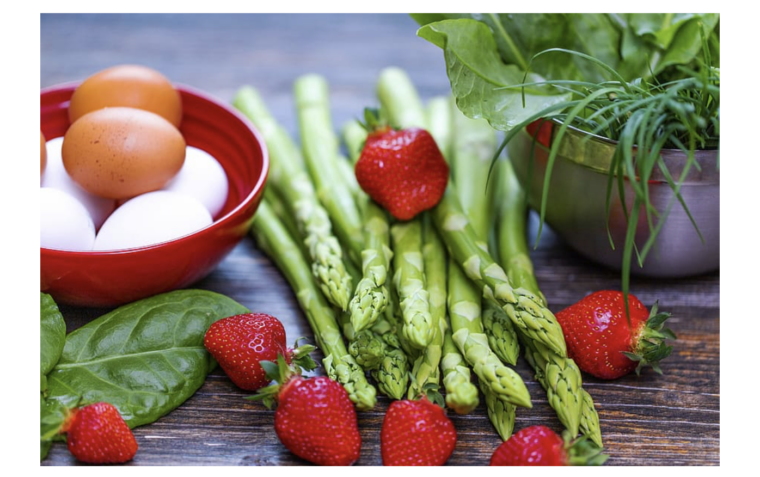The Role of a Healthy Diet in Recovery from Alcoholism

Recovering from alcoholism takes time and effort. It is a long and hard journey but there are several things you can do to make it more manageable.
Maintaining a healthy diet is one of the most important things you can do for a safe and speedy recovery.
When a person starts recovery, they are usually weak, and fragile and suffer from a number of deficiencies that only nourishing food can fix.
A balanced diet will help restore your body’s physical health and boost your mental health as well.
Let us look further at why a healthy diet in recovery is important for addicts.
Unhealthy Cravings
Many alcoholics tend to eat unhealthy food without paying attention to nutrition and this habit can increase their tendency to relapse. That’s why, when someone stops drinking alcohol, they are likely to suffer cravings, especially for sweet things.
Eating three balanced and nutritious meals a day can help cut down on your cravings as you will feel full throughout the day.
When you do crave sugar, try to go for healthy alternatives like fruits, dates and sugar substitutes like stevia from Oobli and raw honey.
This will also prevent you from reaching for that alcohol bottle!
Dehydration
Dehydration is very common not only among addicts but also among those in recovery. As such staying hydrated and consuming water-rich foods is of prime importance for those in addiction recovery.
One should be drinking at least 2 liters of water per day and consume foods like lettuce, tomatoes, cucumber and spinach which have high water content.
Nutritional Deficiencies
Since alcohol can impact the absorption of vital nutrients in the body, a person who has been addicted to alcohol for a long time is very likely to suffer from nutritional deficiencies and gut issues. Lab tests can reveal most of the deficiencies accurately.
Consuming a balanced diet during recovery can help fix the mineral or vitamin deficiency.
That’s why, in alcohol rehab, doctors pay close attention to the patient’s diet requirements depending on their nutritional status.
Healthier Skin And Hair
Many addicts also suffer from dull skin, weak nails and dry hair mainly because of dehydration and nutritional deficiencies. They also tend to have more wrinkles and severe hair fall.
In recovery, always focus on foods rich in collagen and proteins. This includes plenty of legumes, nuts, eggs, fruits and meat. One can also choose to include good quality supplements to support their special nutritional needs.
Omega-3 supplements, Vitamin C, Vitamin D and Vitamin B12 are some great options.
Oral Health
No wonder they say that alcohol affects your entire body! It increases your chance of tooth decay, plaque buildup, periodontal disease and other gum problems. Besides, alcoholism can lead to other issues like teeth grinding which might require extra professional help.
A healthy diet can go a long way in improving oral health and negating the impact of long-term alcoholism on your teeth at least.
For instance, fresh fruits and vegetables are considered natural cleansers for teeth and can result in whiter teeth over time.
Immunity
Too much alcohol adversely affects the body’s immune system. As such alcoholics are prone to serious illnesses and diseases.
In professional recovery programs, one of the main goals is to improve the body’s immunity and repair the damage caused by alcohol.
A healthy diet is one of the key building blocks for a good immune system. Consuming freshly prepared natural immune-boosting foods can help the body recover quickly and fight diseases and withdrawal symptoms better.
Conclusion
It is important to spread the right education about healthy eating in the recovery process.
If you know any addict who is currently suffering from poor eating habits, encourage him or her to get professional help.
